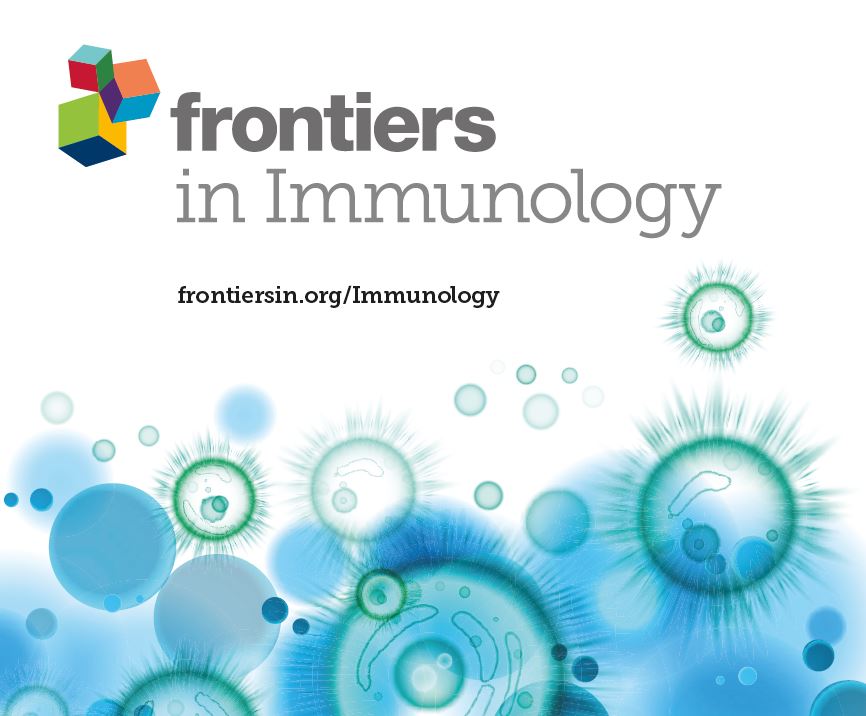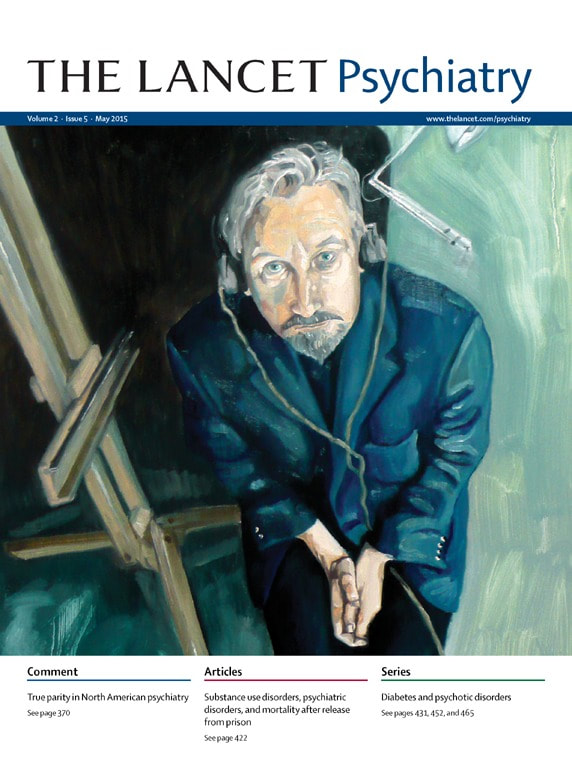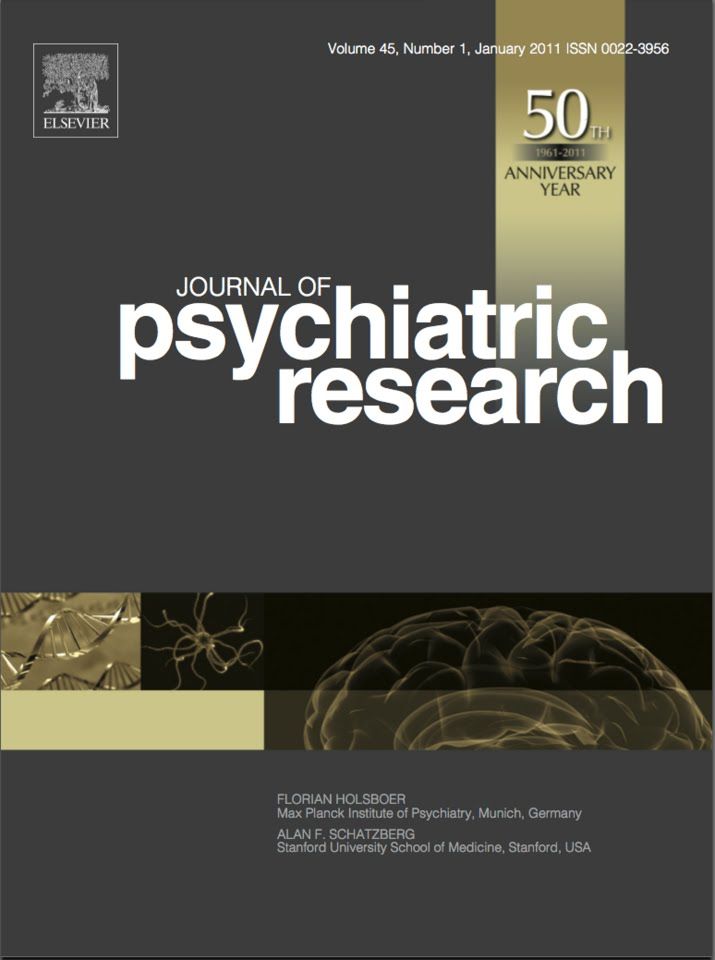Val's Note: The focus here is on "Auto-Immunity" and there seem to be numerous associations in areas we might not expect; although more and more we might expect them.
Beyond "Auto-Immunity" there often seem to be "Immune Mechanisms" that are important, this may be true in "Depression" where the evidence for classic "Auto-Immunity" is conflicting but nonetheless seems clear that "Immune Mechanisms" are relevant. Additionally, it appears that "Immune Mechanisms" are relevant with regard to Substance Use Issues.
"Mitochondrial DNA behaves like a virus"
Autism Spectrum Disorder, Neuro-developmental Disorders, Psychiatric Disorders and changing views8/22/2024
|
Translational Medicine FridayWe're riffing off NPR's Science Friday to create Translational Medicine Friday. Archives
April 2025
Categories |




































 RSS Feed
RSS Feed